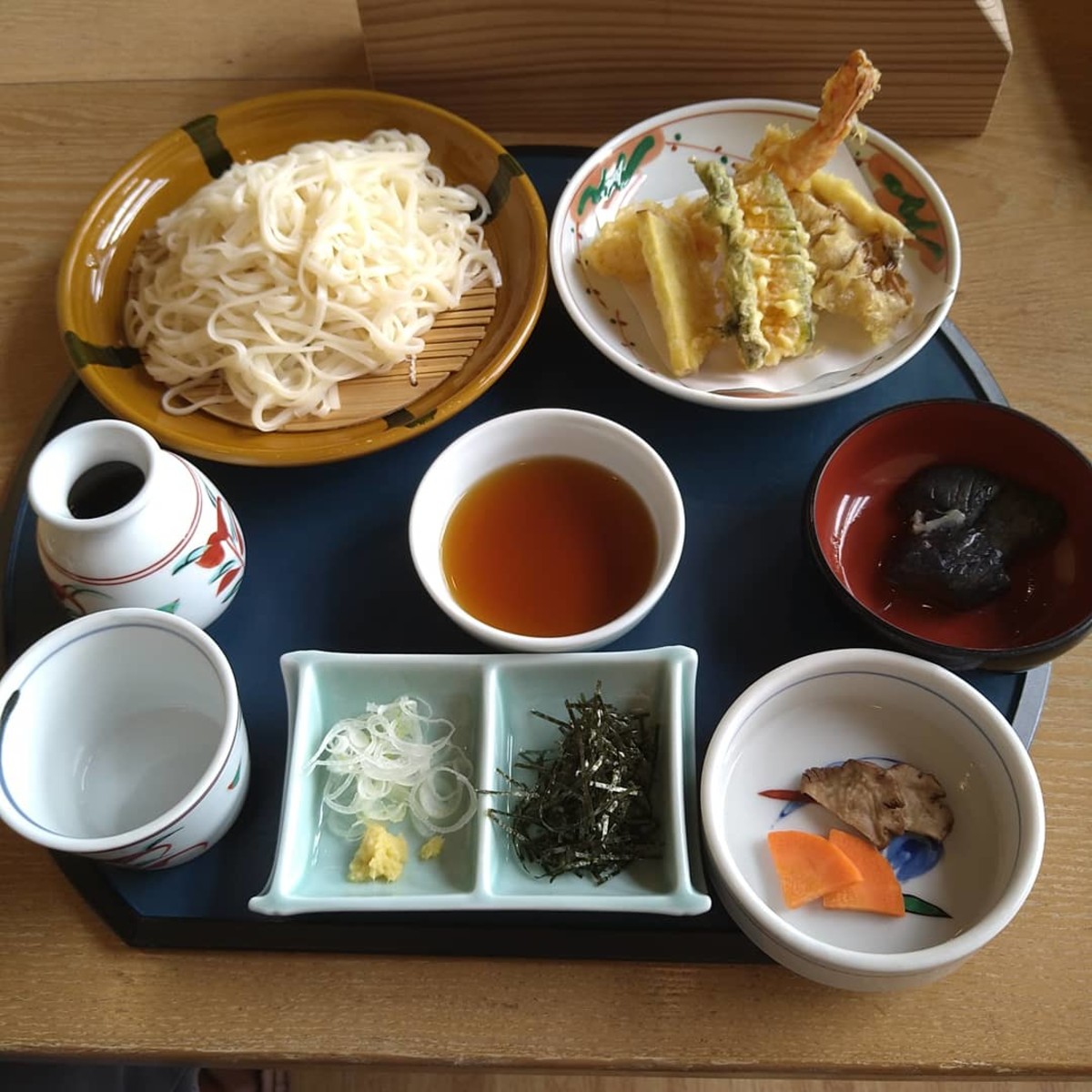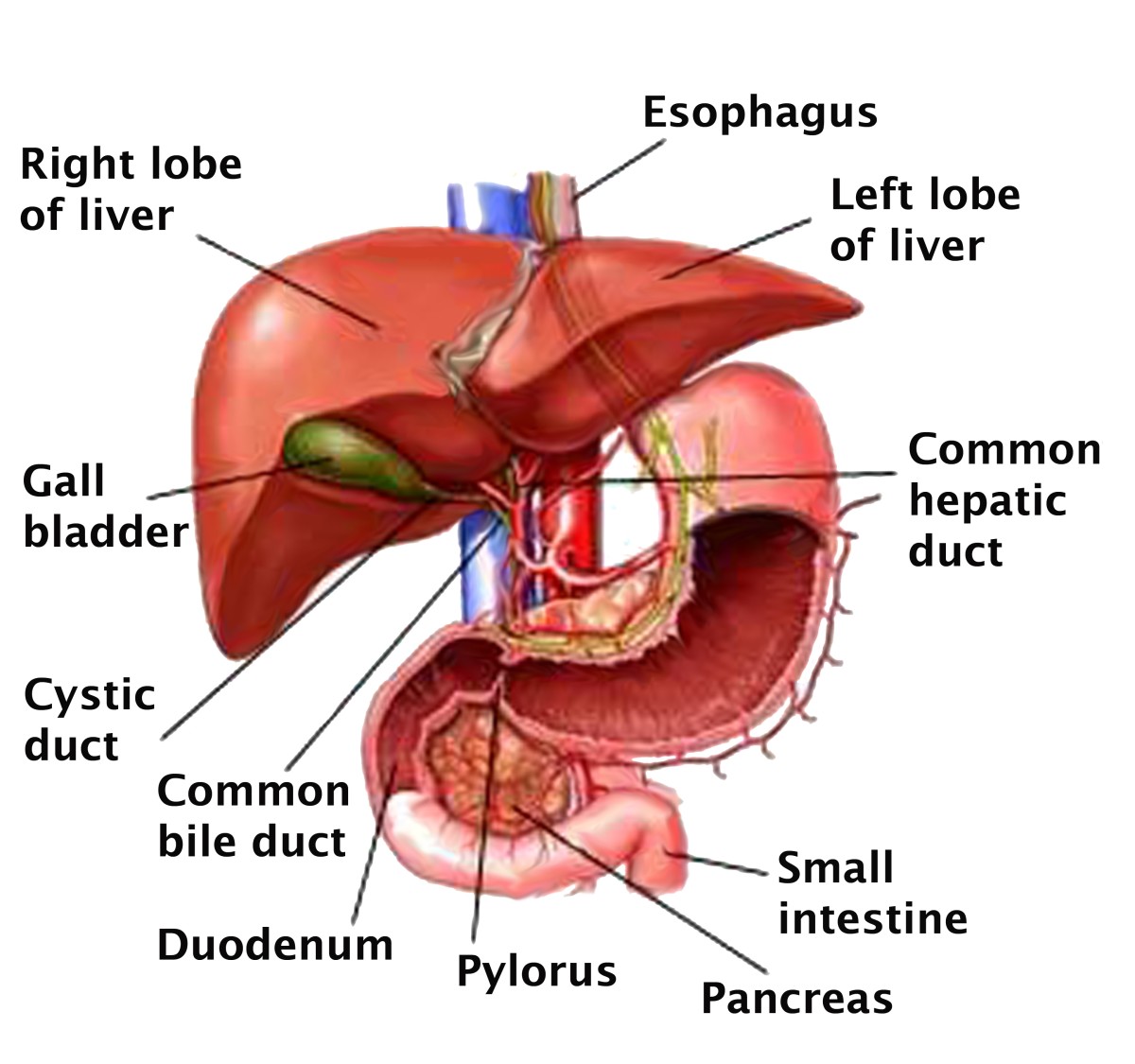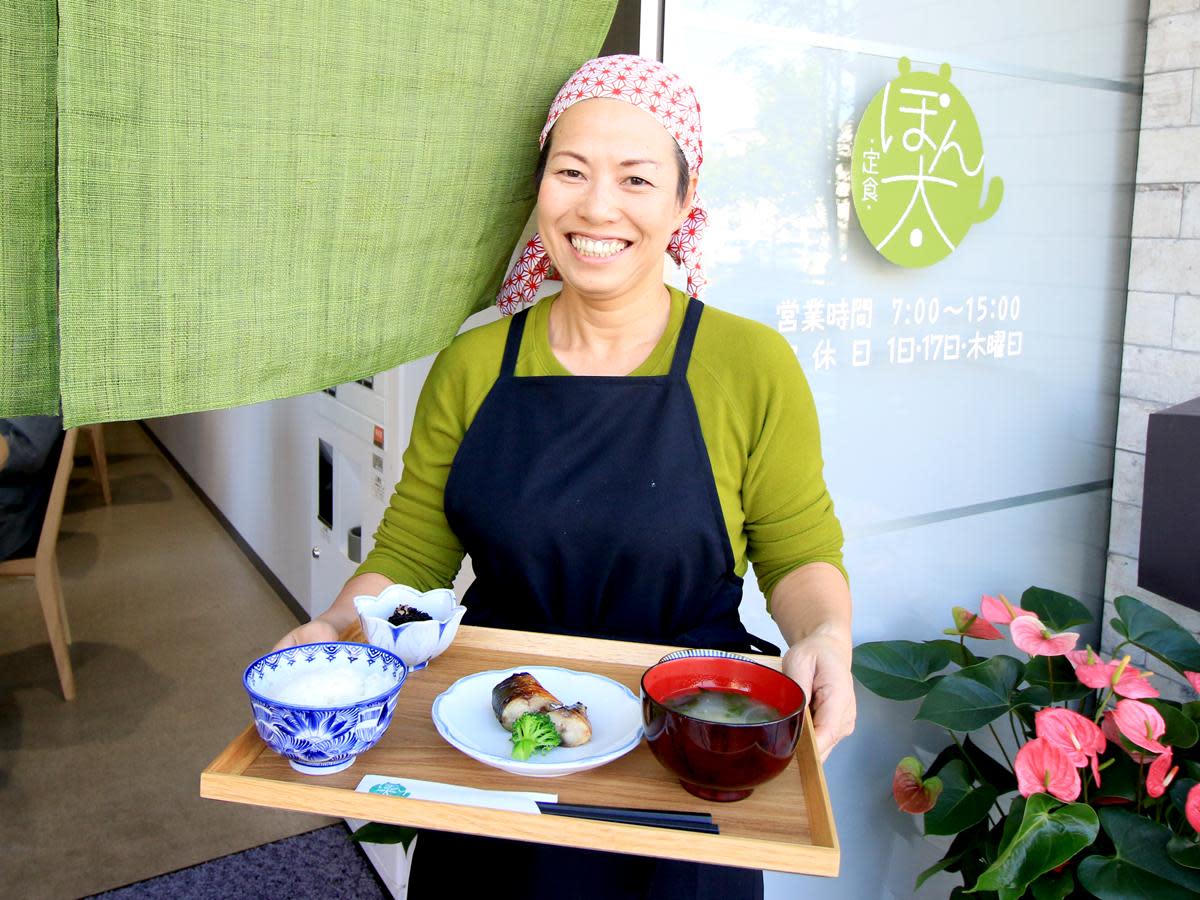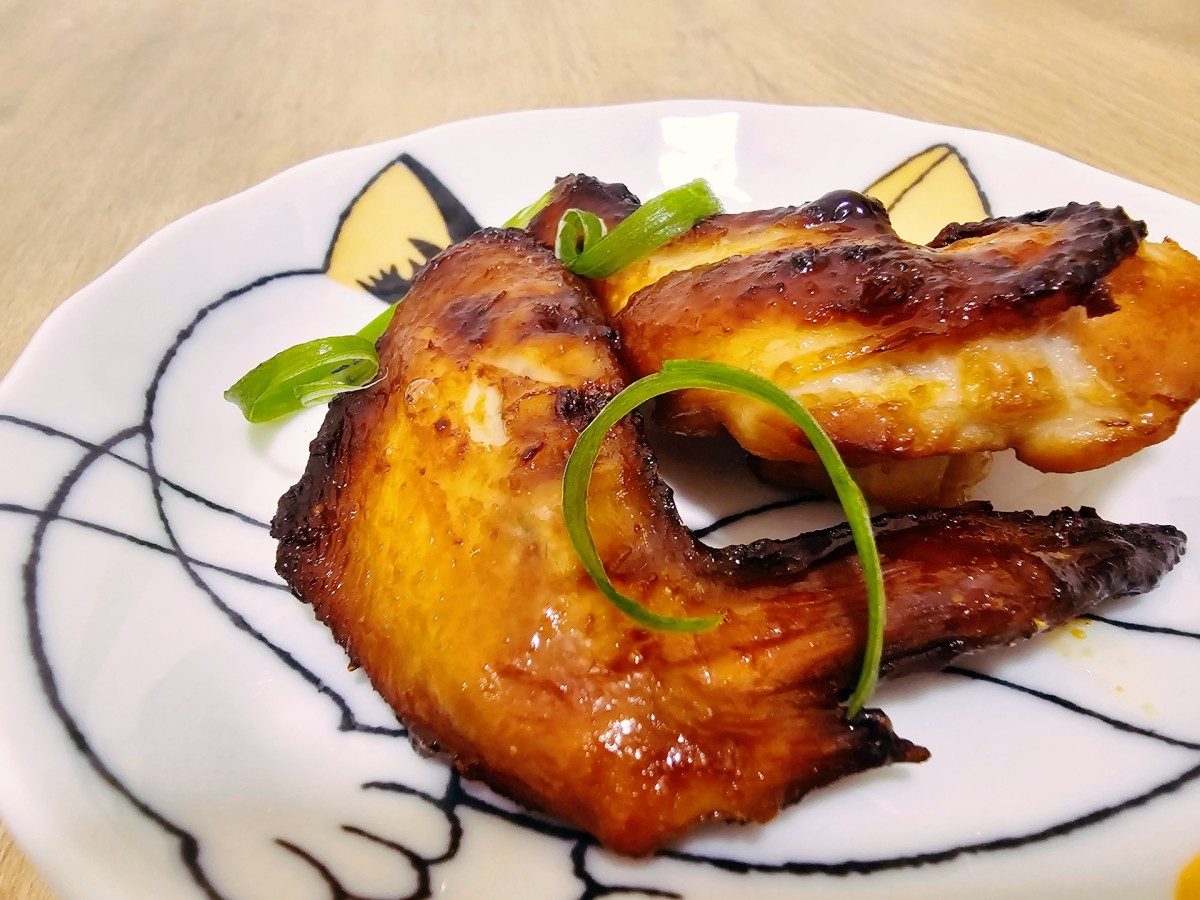- HubPages»
- Food and Cooking»
- World Cuisines»
- East Asian Cuisine
Top 5 Japanese Super Foods for Long and Healthy Life
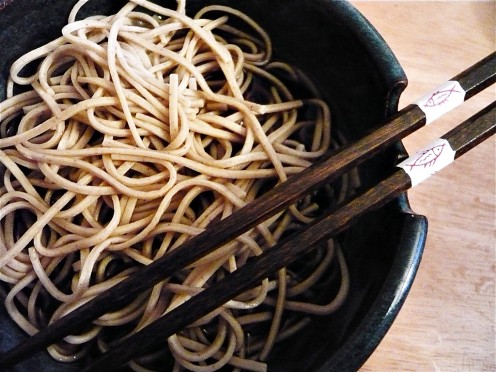
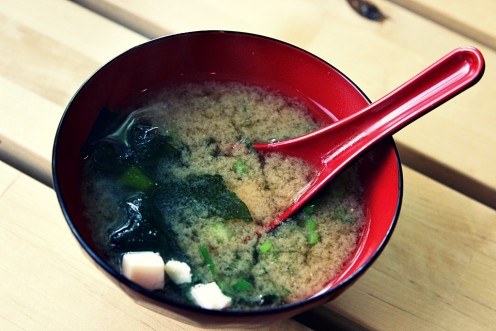
Time and again, the World Health Organization declares that Japan has one of the highest life expectancies in the whole world.
Japanese men live up to the average age of about 80 and Japanese women live until the average age of 85.
In particular, Japanese people living in the scenic islands of Okinawa in southern Japan have the highest life expectancies among all the Japanese people.
The secret to the long and healthy life of these people may well be the Japanese diet.
Customarily, Japanese people consume plenty of fishes, vegetables, green tea, rice, and legumes.
Okinawans, especially, eat more vegetables and fishes but less salt and sugar than a typical Japanese person.
Japanese usually have these foods raw or prepare them by boiling, steaming, or quick stir-frying.
Once ready, the foods are commonly dipped in sodium-rich soy sauce.
The result: low levels of cholesterol in many Japanese people’s blood.
Below is a short list of staple foods in Japan that can promote a long and healthy life.
1. Soba
Soba noodles are a kind of Japanese pasta that is made of buckwheat, an essential ingredient believed to promote the healthy functioning of cells and enzymes.
Soba noodles have plenty of benefits.
- It is said that soba noodles help reduce body fats by promoting bowel movement and lowering cholesterol.
- Soba is rich in proteins, amino acid lysine, and lipids.
- It is high in minerals like iron, phosphorus and copper and vitamins like B1 and B2.
- Soba contains rutin, plant compounds that are beneficial to people suffering from high blood pressure or arterioscelrosis. Rutin is also high in antioxidants that eliminate free radicals, which then cause cancers, age-related health problems, and strokes.
- Soba has Vitamin P that supports capillary strength and aids in the absorption of nutrients.
- Soba also has choline that regulates blood pressure and liver functions.
Soba noodles are served either hot or cold.
They are mixed with vegetables, meat or seafoods.
2. Tofu
Discovered 2,000 years ago in China, tofu has become a mainstream ingredient in Japanese cuisine.
Made from the curds of soybean milk, tofu is easily recognizable because of its signature off-white color and rectangular shapes.
This healthful food is very versatile.
It can be used in salads, main dishes or desserts.
- It is high in proteins that have the potential to lower total cholesterol, bad cholesterol, and triglyceride; reduce blood clots; and raise good cholesterol levels.
- Tofu is said to relieve menopausal symptoms, as the consumed tofu’s isoflavones create estrogens that supplement women’s lowered estrogen production during menopause.
- Certain kinds of tofu also have calcium, which is very important in the prevention of bone loss.
- It is a good source of iron that transports and releases oxygen in the body.
- It also has copper, which helps iron does its job and relieves the symptoms of rheumatoid arthritis.
- Tofu has properties that have antioxidants, anti-cancer and anti-inflammation.
3. Ocha
Tea or ocha is a central element in Japanese food culture.
In fact, it is part of the Japanese tea ceremony.
In Japan, the most popular kinds of teas are green teas like Gyokuro, Sencha, Bancha, which are made from dried tea leaves; Houjicha, which is made from roasted tea leaves; and Matcha, which is a bitter green tea.
Green teas in Japan are drunk pure, without sugar, honey or cream.
The benefits of these green teas include:
- killing bacteria
- rejuvenating the body
- delaying the signs of aging
- lowering blood sugar levels
- controlling blood pressure
- restricting blood cholesterol
- preventing certain kinds of cancer
4. Miso
Miso is made from steamed and fermented soybeans, which are then mixed with brown rice, barley or buckwheat.
It is used for basting fishes, as an ingredient in stews and casseroles, as a soup mixed with vegetables, or as a flavoring.
- Often served in soups, miso contains anticarcinogens that help prevent certain kinds of cancer, gastritis, and ulcers.
- It contains dietary fibers that help clean out the intestines.
- It also has amino acids that eliminate toxins and replenish lost vitamins and minerals.
- It is a good source of antioxidants that inhibit the signs of aging and makes the skin glow and elastic.
5. Wakame
A kind of sea vegetables frequently eaten in Japan, wakame is low in calories and fats. It is packed with nutrients.
- It is rich in minerals like iron, calcium, magnesium and iodine.
- It is also rich in vitamins A, C, E and K.
- It has folate and riboflavin.
- Wakame seaweed is an excellent natural source of lignans, which are believed to prevent certain kinds of cancer.
A type of kelp, wakame tastes like spinach lasagne and can be used as ingredients in salads, soups, or as toppings for main dishes.
It can be prepared by simmering.
Copyright © 2011 Kerlyn Bautista
All Rights Reserved
Interesting and Useful Hubs About Japanese Foods
- Time-Tested Effective Japanese Foods for Weight Loss
- Weight Loss Benefits of Shirataki Noodles and Many Healthy Reasons to Eat Them
- Weight Loss and Dietary Benefits of Konnyaku, a “Broom for the Stomach”
- Natto – Its Dietary Benefits and Ways to Enjoy It
- Okara – Japanese Food for Healthy Diet and Weight Loss

